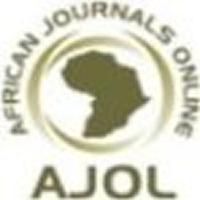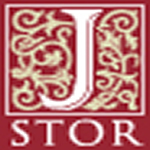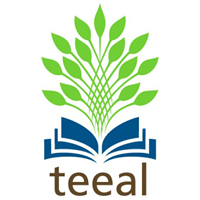
Home >>
ABSTRACT
This study investigates the business ethics in Islam and the practices of the contemporary Muslim traders in the Market place of Sokoto, particularly the Sokoto metropolis. Several religious myths have been proclaimed regarding numerous fire outbreaks in Sokoto central market and old market. For example, many believed these fire outbreaks were consequences of not adopting business ethics in Islam and non-payment of zakat (Donation) by Muslim traders. This study highlighted the business activities and contemporary practices among Muslim traders in the Sokoto metropolis marketplace. Due to the nature of the study, the phenomenological research design was adopted. A face-to-face interview protocol was used to gather data from 40 participants, including 25 Muslim traders, 10 buyers, and 5 Muslim scholars. The findings of the study reveal that the nature of Muslim trading activities in the market includes Ribah (Usury), value-added trade, Khilabah (fraud), and Ghishsh (deception). Based on these findings, the study recommended that Muslim traders conduct their trading activities as enshrined by Islamic jurisprudence. Muslim scholars also have a role in preaching on the consequence of illegal trading activities in this world and hereafter.
Keywords: Assessment, Business ethics, Muslim trading, Contemporary, Sokoto Metropolis.








